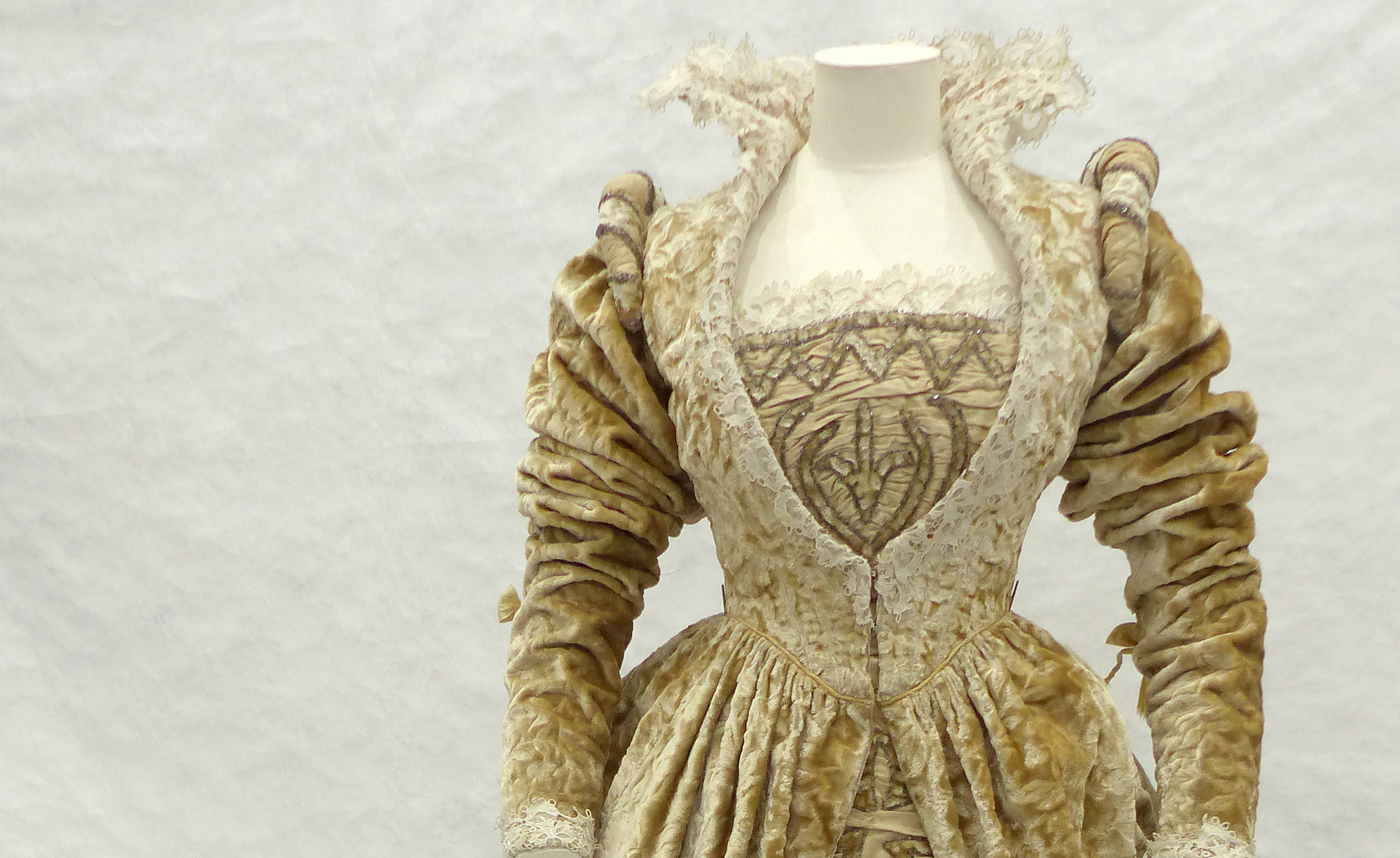Zenzie Tinker Textile Conservation are not legally obliged to publish a modern slavery statement however, as an employer who cares about our staff and the impact of our actions on the wider community, we seek to minimise the potential risk of modern slavery in our business and supply chains. This statement is published in line with section 54(1) of the Modern Slavery Act 2015.
Our Responsibility
Zenzie Tinker is committed to ethical business practices and ensuring that modern slavery, human trafficking, forced labour, and exploitation have no place within our operations or supply chain. As a textile conservator working in the heritage industry, we recognize our responsibility to uphold the highest standards of human rights and labour conditions.
Our Business and Supply Chain
Zenzie Tinker Conservation provides specialist textile conservation services to museums, heritage organizations, private collectors, and institutions. Our work involves the preservation, conservation, and care of historical and culturally significant textiles. Our supply chain primarily consists of:
- Suppliers of specialist conservation materials (fabrics, threads, adhesives, and tools)
- External contractors or freelance conservators (where applicable)
- Logistics and transportation providers
Our Obligations as an Employer
As an equal opportunities and living wage employer, we’re committed to creating and ensuring a non-discriminatory and respectful working environment for our staff.
Our recruitment and staff management processes are designed to ensure that all prospective employees are legally entitled to work in the UK and to safeguard employees from any abuse or coercion.
We do not enter into business with any organisation, in the UK or abroad, which knowingly supports or is found to be involved in slavery and forced or compulsory labour.
Our commitment to preventing Modern Slavery
We take a proactive approach to identifying and mitigating risks of modern slavery within our supply chain and operations by:
- Supplier Due Diligence: Ensuring that our suppliers adhere to ethical labour standards by sourcing from reputable and accredited suppliers.
- Ethical Procurement: Prioritizing suppliers who demonstrate a commitment to fair wages, safe working conditions, and responsible business practices.
- Freelancer and Contractor Oversight: Ensuring fair pay and working conditions for any freelance conservators engaged in projects or subcontractors who work with us to deliver our service to clients.
- Awareness and Training: Keeping informed of best practices in ethical sourcing and human rights
Risk Assessment and Mitigation
Given the nature of our work, the risk of modern slavery within our immediate operations is low. However, we acknowledge potential risks in our supply chain, particularly in the sourcing of raw materials such as textiles, dyes, and adhesives. To mitigate these risks, we:
- Seek transparency from suppliers regarding their own supply chains.
- Favour suppliers who provide certifications (e.g., Fair Trade, OEKO-TEX, or ISO labour standards).
- Regularly review supplier compliance with ethical labour policies.
Reporting Concerns
We encourage anyone within our business or supply chain to report concerns related to modern slavery to the Director.
Continuous Improvement
We are committed to continuously improving our approach to combat modern slavery by:
- Reviewing our procurement policies and supplier relationships.
- Staying informed about developments in ethical sourcing and labour rights.
- Strengthening partnerships with suppliers who align with our values.
- This statement will be reviewed annually.

